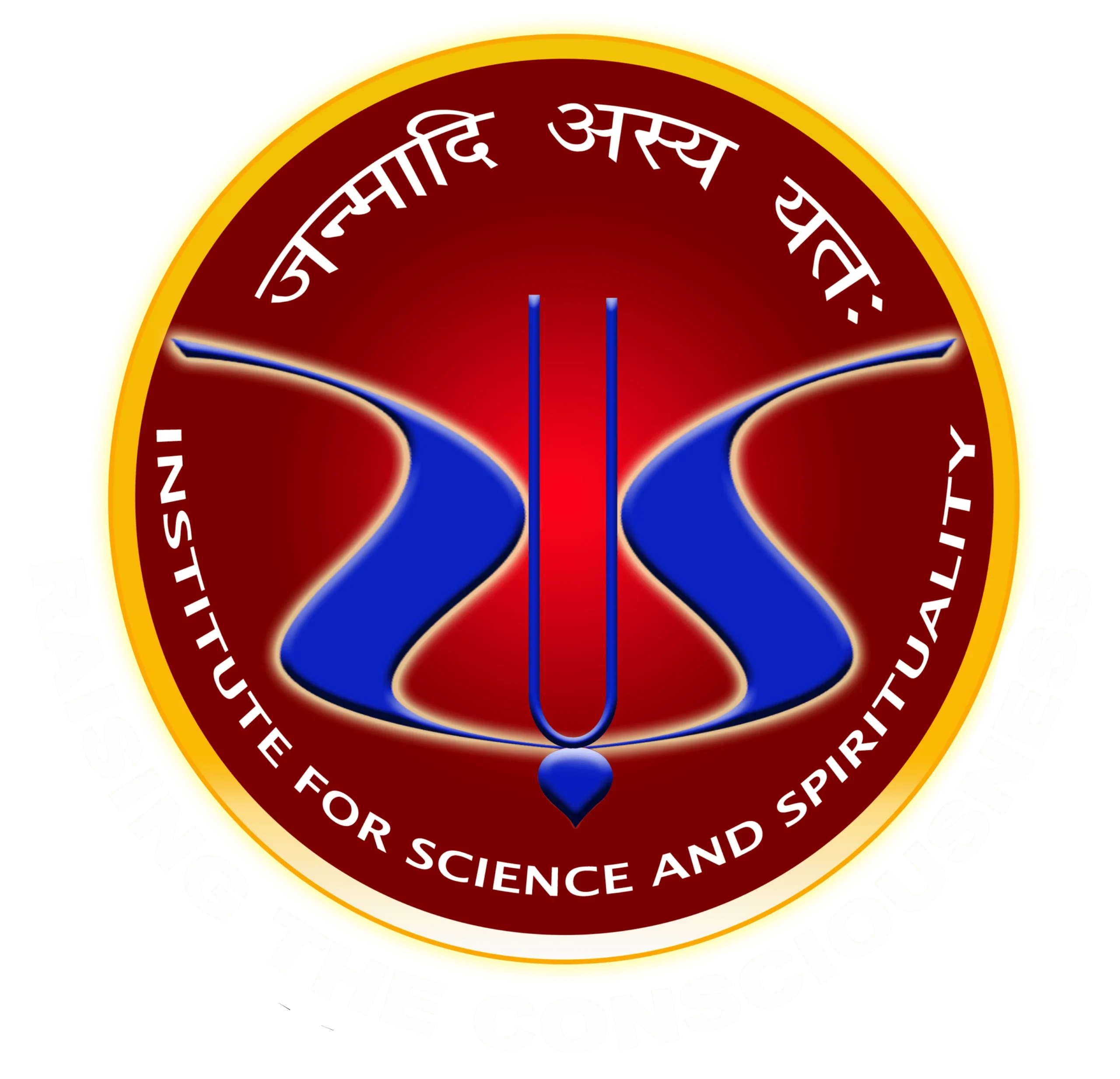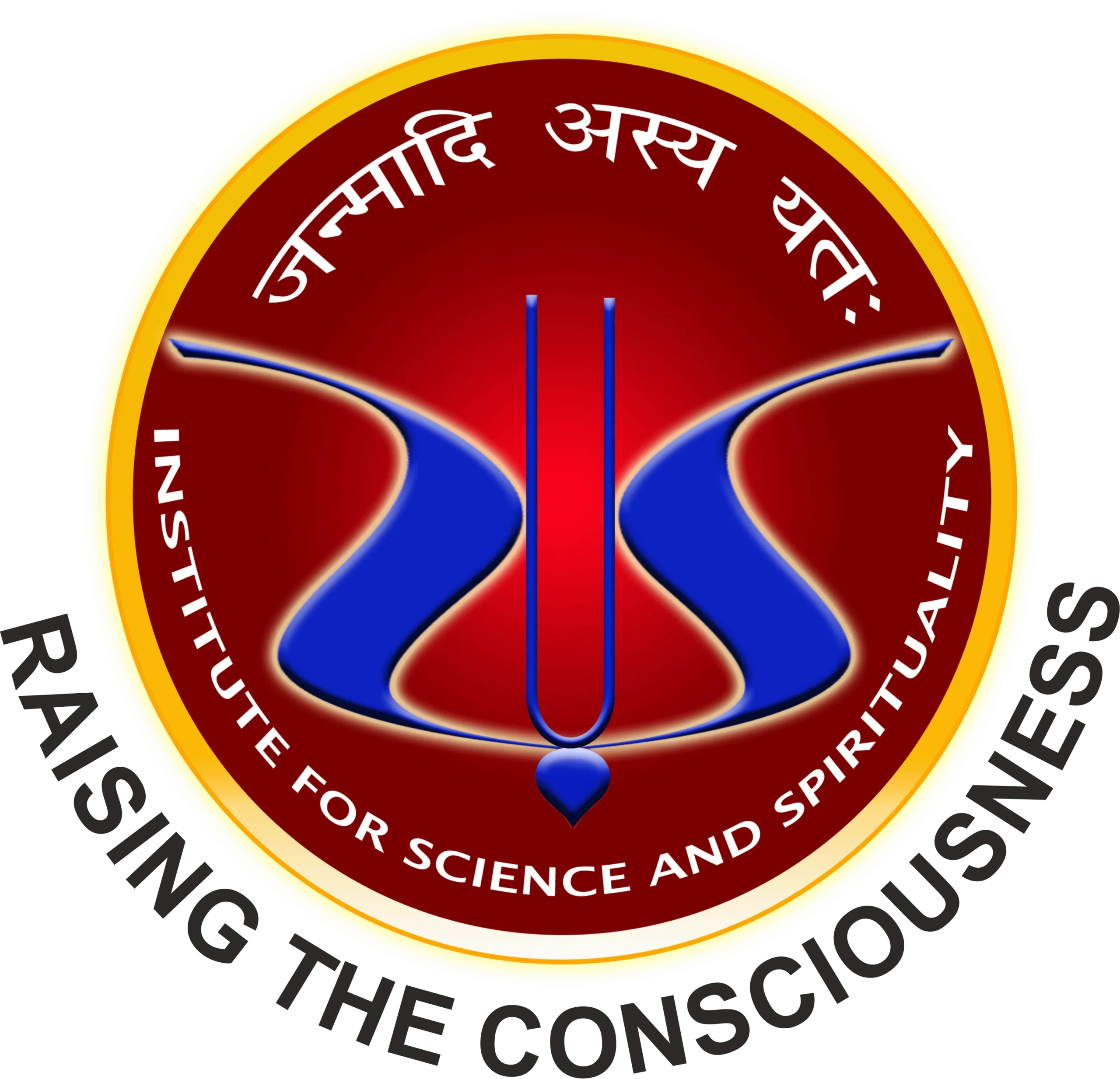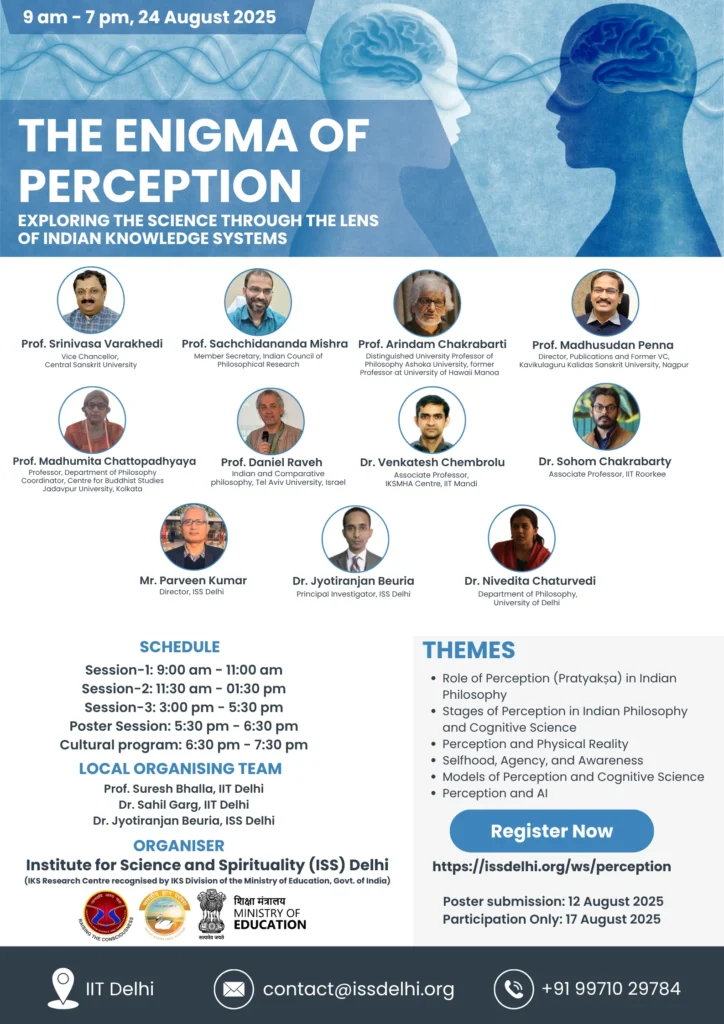Interpreting Rules of Ethical Reasoning
Interpreting Rules of Ethical Reasoning from the Bhagavad-Gītā
Relive the Webinar Moments
This talk explores how the Bhagavad Gītā offers a timeless foundation for ethical reasoning and decision-making. The speaker delves into key conversations between Śrī Kṛṣṇa and Arjuna, interpreting them through the lens of moral philosophy, duty (dharma), and contextual decision-making. Rather than offering rigid commandments, the Gītā presents a flexible framework rooted in intention, detachment from outcomes, and the alignment of one’s actions with higher principles. The speaker explains how this model transcends rule-based ethics, emphasizing internal clarity, self-awareness, and spiritual grounding.
Drawing parallels with contemporary moral dilemmas, the lecture highlights how the Gītā teaches individuals to navigate complex ethical choices using discrimination (viveka), compassion, and devotion. Concepts like niṣkāma karma (selfless action), svadharma (one’s personal duty), and yoga of action are reframed as tools for inner alignment and external responsibility. Ultimately, the talk positions the Gītā not just as a spiritual scripture but as a living guide to ethical reasoning, relevant across cultures and eras.


